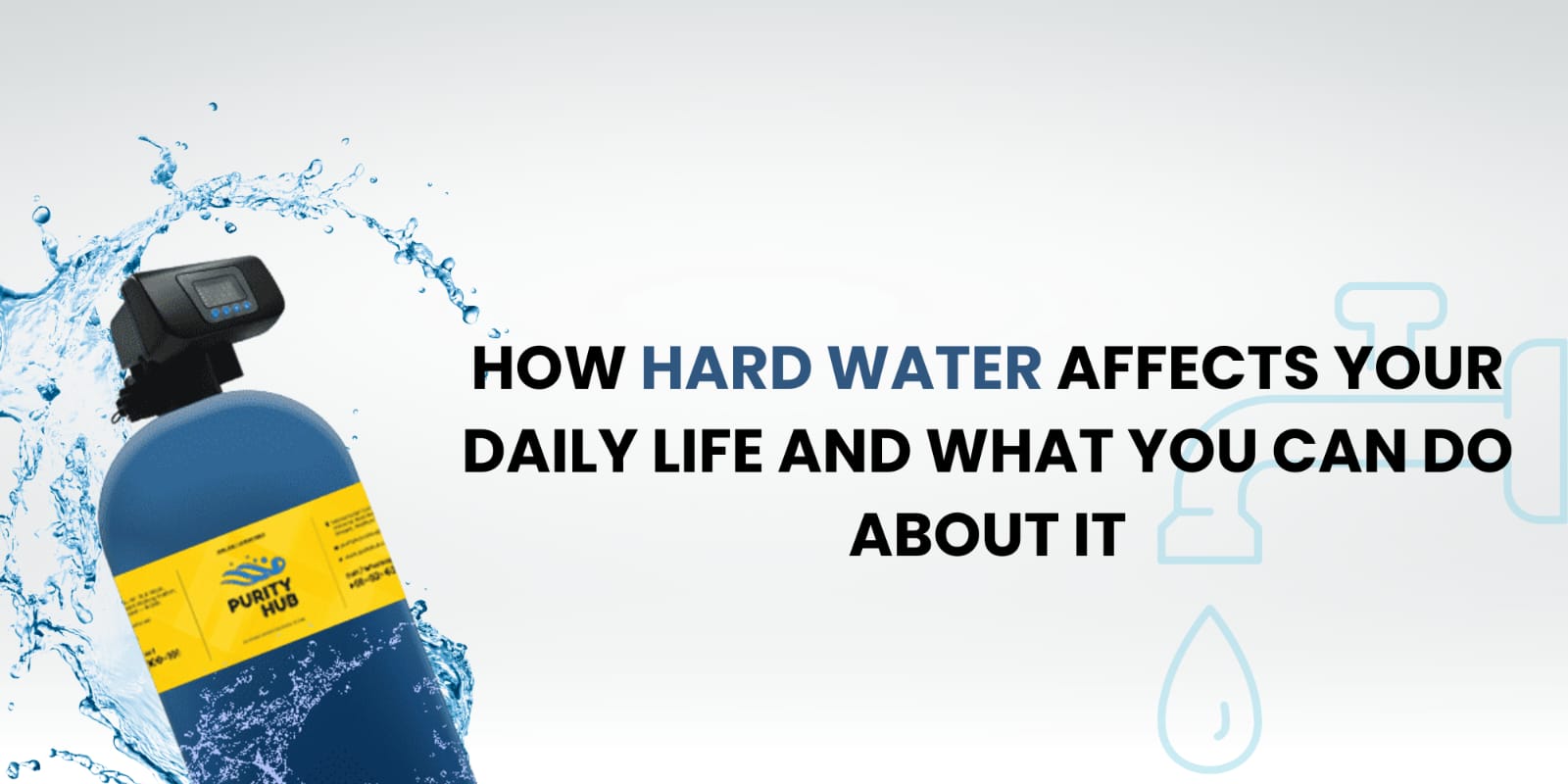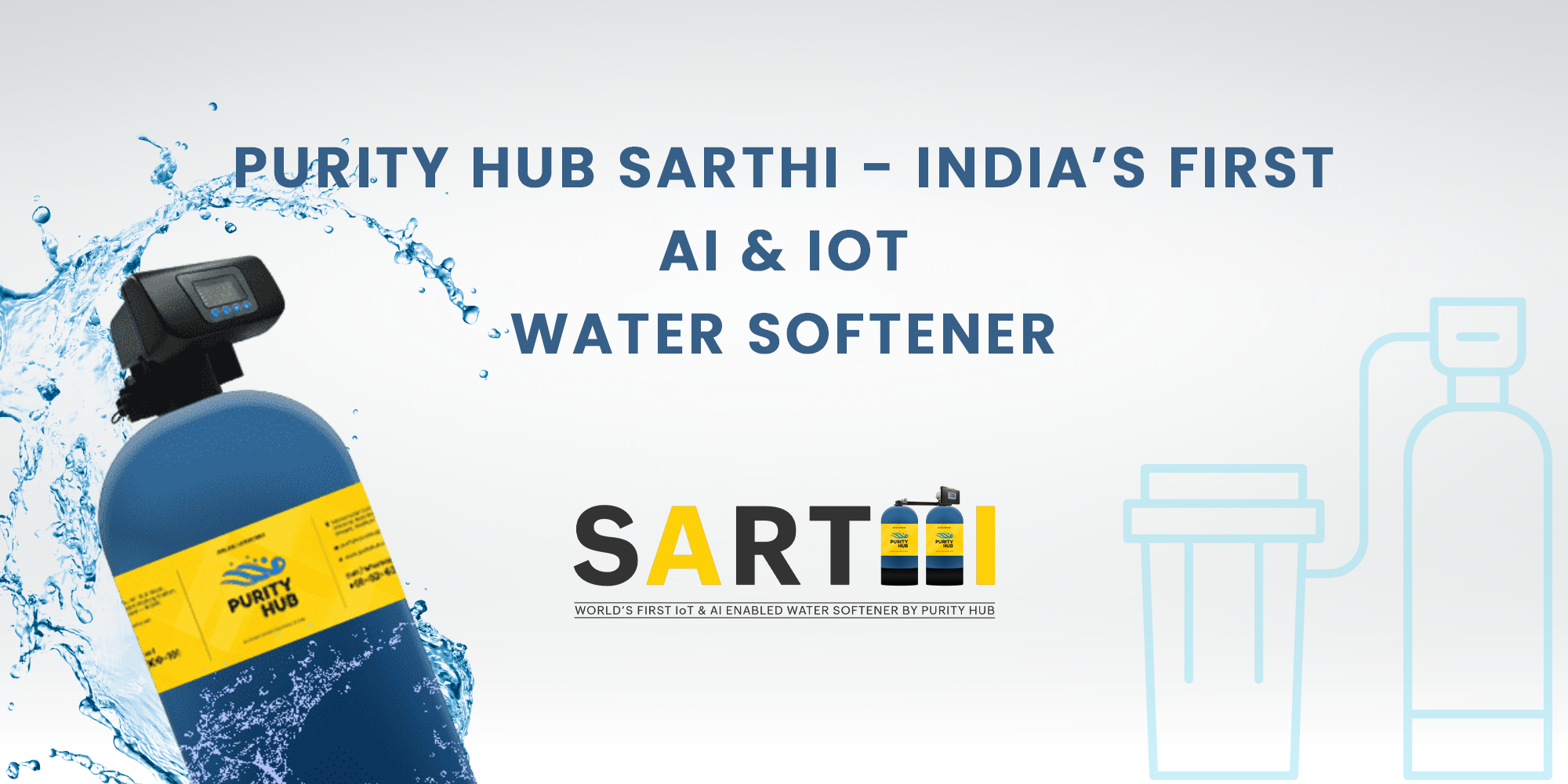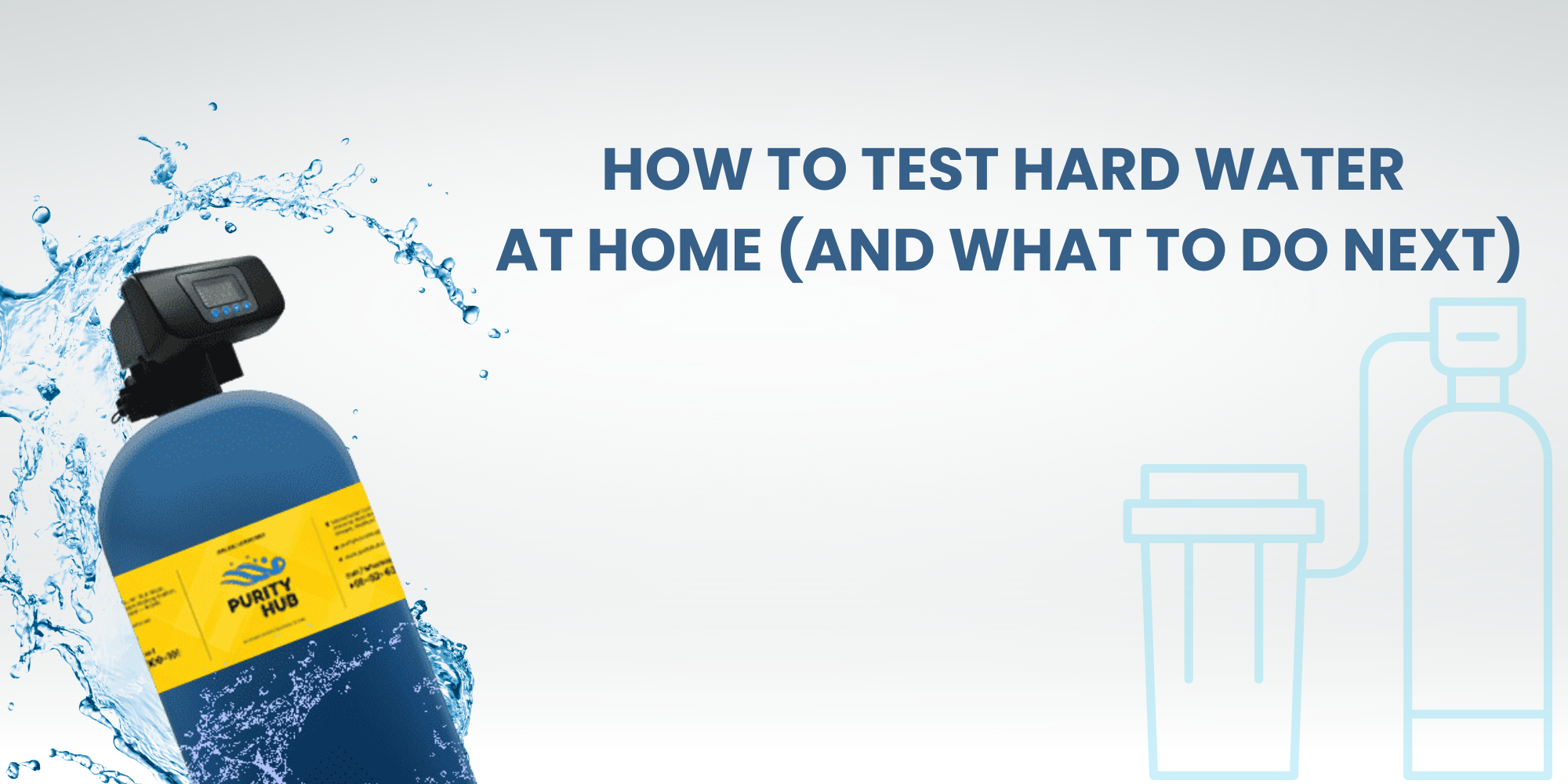
Hard water is a common issue in many households, yet its impact is often underestimated. Defined by its high mineral content—primarily calcium and magnesium—hard water can have several detrimental effects on both your daily life and health. Understanding these effects and knowing how to address them is crucial for maintaining a healthy and functional home environment.
The Impact of Hard Water on Daily Life
1. Damage to Plumbing and Appliances: Hard water can cause significant damage to your plumbing system and household appliances. Over time, mineral deposits, known as limescale, build up in pipes, faucets, and appliances like dishwashers and water heaters. This buildup can lead to reduced water flow, increased energy consumption, and even premature appliance failure. For instance, a water heater with limescale deposits can become less efficient, raising your energy bills as it works harder to heat the water.
2. Skin and Hair Issues: Hard water can affect your skin and hair in several ways. The minerals in hard water can strip your skin of its natural oils, leading to dryness and irritation. People with sensitive skin or conditions like eczema may find their symptoms exacerbated. Similarly, hard water can leave a residue on your hair, making it feel dull, dry, and difficult to manage. This residue can also lead to an itchy scalp and increased dandruff.
3. Cleaning Challenges: Washing dishes, clothes, and surfaces with hard water can be problematic. The mineral deposits can cause spots and streaks on dishes, making them appear less clean. Laundry washed in hard water may become dingy and feel stiff. Additionally, the minerals in hard water can interact with soap and detergents, reducing their effectiveness and causing soap scum to build up on surfaces and fixtures.
4. Increased Household Costs: Hard water can lead to higher household expenses. The need for more detergent, frequent appliance repairs, and increased energy consumption due to inefficient appliances all add up. Furthermore, the buildup of limescale can lead to costly plumbing issues, requiring professional intervention.
Health Issues from Hard Water
While hard water itself isn't harmful to health, the minerals it contains can contribute to certain health issues over time. For individuals with conditions like kidney stones, the high calcium content in hard water might exacerbate their condition. Additionally, hard water may interfere with the effectiveness of certain skin care treatments, potentially affecting those with chronic skin issues.
What You Can Do About It
1. Install a Water Softener: The most effective solution for dealing with hard water is installing a water softener. Water softeners work by replacing the calcium and magnesium ions with sodium or potassium ions, effectively reducing the hardness of the water. This process helps prevent the buildup of limescale in pipes and appliances, improves the efficiency of soap and detergents, and reduces the risk of skin and hair problems.
2. Regular Maintenance: If installing a water softener isn't an option, regular maintenance can help mitigate some of the effects of hard water. For instance, using descaling agents in appliances and cleaning limescale deposits from faucets and showerheads can help prolong their lifespan. Additionally, using a water filter in your shower or sink can reduce the amount of mineral residue that comes into contact with your skin and hair.
3. Use Appropriate Cleaning Products: When dealing with hard water, consider using cleaning products designed to combat mineral buildup. These products can help prevent soap scum and mineral deposits from accumulating on surfaces, making cleaning easier and more effective.
4. Consult a Professional: For persistent issues related to hard water, consulting a plumbing professional can be beneficial. They can assess the severity of the problem and recommend the best solutions, including advanced water treatment systems if needed.
In conclusion, while hard water can pose various challenges, understanding its effects and taking proactive measures can greatly improve your quality of life. Installing a water softener, maintaining your appliances, using suitable cleaning products, and seeking professional advice are effective strategies to manage hard water issues. By addressing these concerns, you can protect your home, enhance your daily routines, and maintain better health and hygiene.



